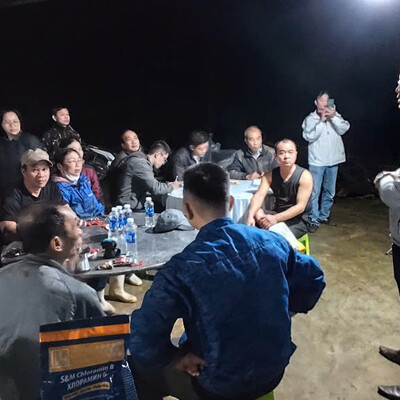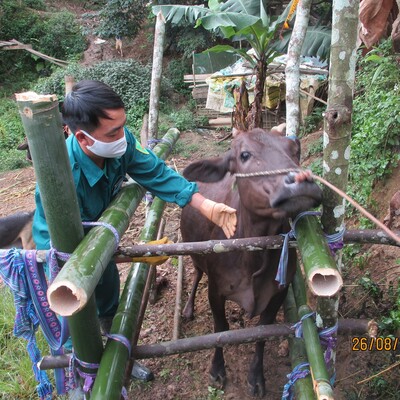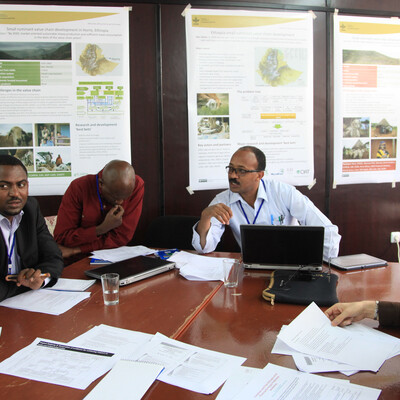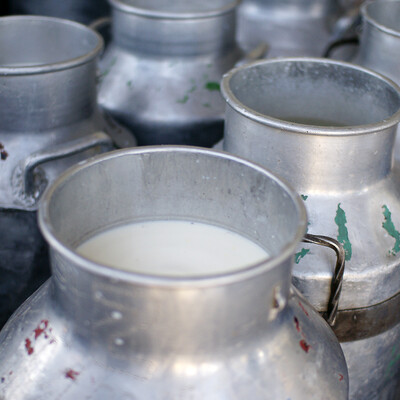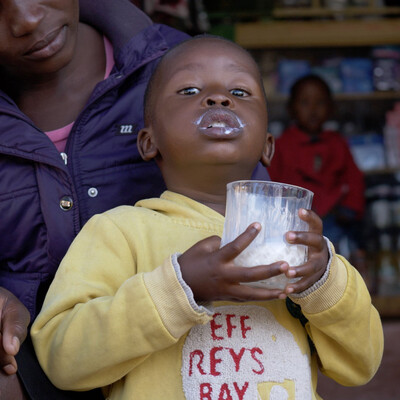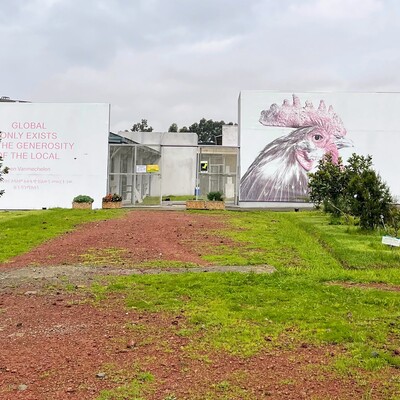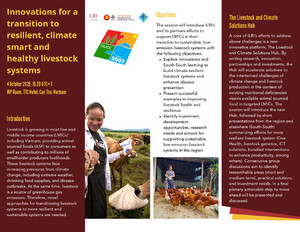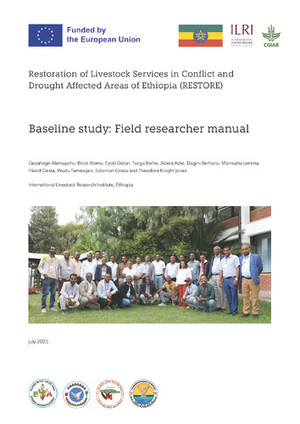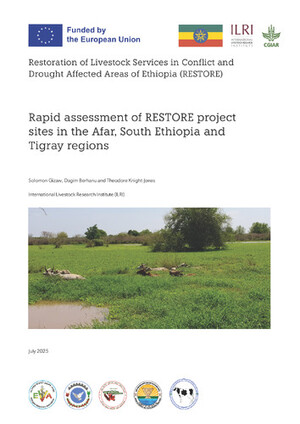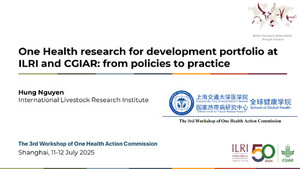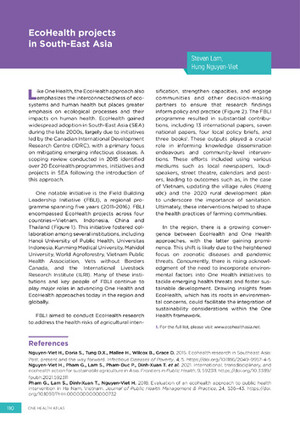
ILRI’s first in-person town hall since COVID showcases new technology, publications and staff
At a Town Hall meeting held on 18 August 2023, more than 400 staff of the International Livestock Research Institute (ILRI) gathered in person or on Zoom from Ethiopia, Kenya, Uganda, Vietnam and elsewhere to hear about the latest developments at the institute.
The purpose of this gathering was to discuss the institute's most recent advancements and hear from director general Appolinaire Djikeng, who is little more than four months into his job. Speakers at the town hall summarized ILRI's recent research and extension efforts, particularly in areas like livestock genetics and emissions reduction.
One of the most recent highlights occurred in July. ILRI held a successful meeting on zoonoses, with critical research around connections between humans and animals helping to prevent dangerous diseases and pathogens from spreading to humans, animals, and the environment. One finding concludes that more pathogens are shared between animals when there is lower biodiversity of natural habitats and vertebrate wildlife communities, alongside livestock practices and more densely populated urban environments.
ILRI has been pioneering research and technology across livestock production, safe livestock consumption and gene technologies:
- In Nepal, the Asia African Dairy Genetic Grains dairy technology system integrates best breeding practices to improve the productivity of smallholder Buffalo systems. ILRI’s Digital Innovation Initiative has recently developed a mobile app to more conveniently collect and access data on buffalo herd productivity across different production systems to improve breeding. The development of the app allows researchers and ranchers to receive rapid data summaries and feedback and showcases ILRI’s technological advances.
- Two papers were published in Food Policy: Cooperative membership effects on farmers’ choice of milk marketing channels in Rwanda co-authored by ILRI scientist Emily Ouma and Gender roles and masculinities in leveraging milk for household nutrition: Evidence from two districts in Rwanda co-authored by ILRI scientists Alessandra Galiè, Emily Ouma and Humphrey Jumba.
- ILRI has also started researching on safe consumption of pork in Uganda as the pork value chain has been increasing. Researchers found that lack of veterinary extension and meat inspection services have resulted in some pigs infected with Taenia solium which also exposes consumers to infection with the parasite. One broad solution is to put in place control and prevention interventions at specific areas in the value chain where risk of parasite transmission is highest.
- ILRI has been pioneering research on developing anti-methanogenic feedstock that reduces methane emissions from livestock compared to other feedstock on market. Projects like these are helping to meet climate policy goals while aiding farmers to increase their daily incomes by educating them on how to gain carbon credits.
- ILRI is pioneering global partnerships through their genetic research in feed, and livestock. A Chinese delegation from the Institute of Livestock Sciences recently visited ILRI’s Nairobi and Addis Ababa campuses to collaborate with ILRI on research around new livestock genetic technologies. This includes analysis that looks for new genetic traits to improve livestock, feed and forage and potentially expand ILRI–China laboratory activities by building and strengthening relationships.
A partnership was formed between ILRI and the Government of Zambia in hopes of collaborating to develop a livestock masterplan, a comprehensive document with ILRI’s policy and evaluation vision to support sustainable livestock interments. There will be an upcoming meeting with the Minister of Green Economy for further discussion.
ILRI’s partnerships scale the globe; many are further built through events that ILRI hosts and participates in. There are many upcoming events to showcase ILRI’s work as well as collaborate with counterparts to meet climate goals, including Africa Climate Summit/Week (4-8 September), Food and Agriculture Organization of the United Nations Conference on Sustainable Livestock (25-29 September) and COP 28 (30 November to 12 December).
ILRI also welcomed Ljubica Butkovic who joins the business development unit. Butkovic is of Serbian and Croatian nationality, grew up in East Africa and has lived in the region for nearly 30 years. She has worked with the United Nations and humanitarian and development partners in post-conflict and development environments and brings a wealth of project management and research expertise to ILRI.
Djikeng ended the Town Hall by encouraging his staff to remember ILRI’s role to rise to meet current agricultural development, food systems and climate crisis challenges. He called on them to accelerate from this momentum and continue producing long-term research and short-term deliverables and to do so by collaborating as best they can with others.
(Photo credit: ILRI/Kristen Tam)






